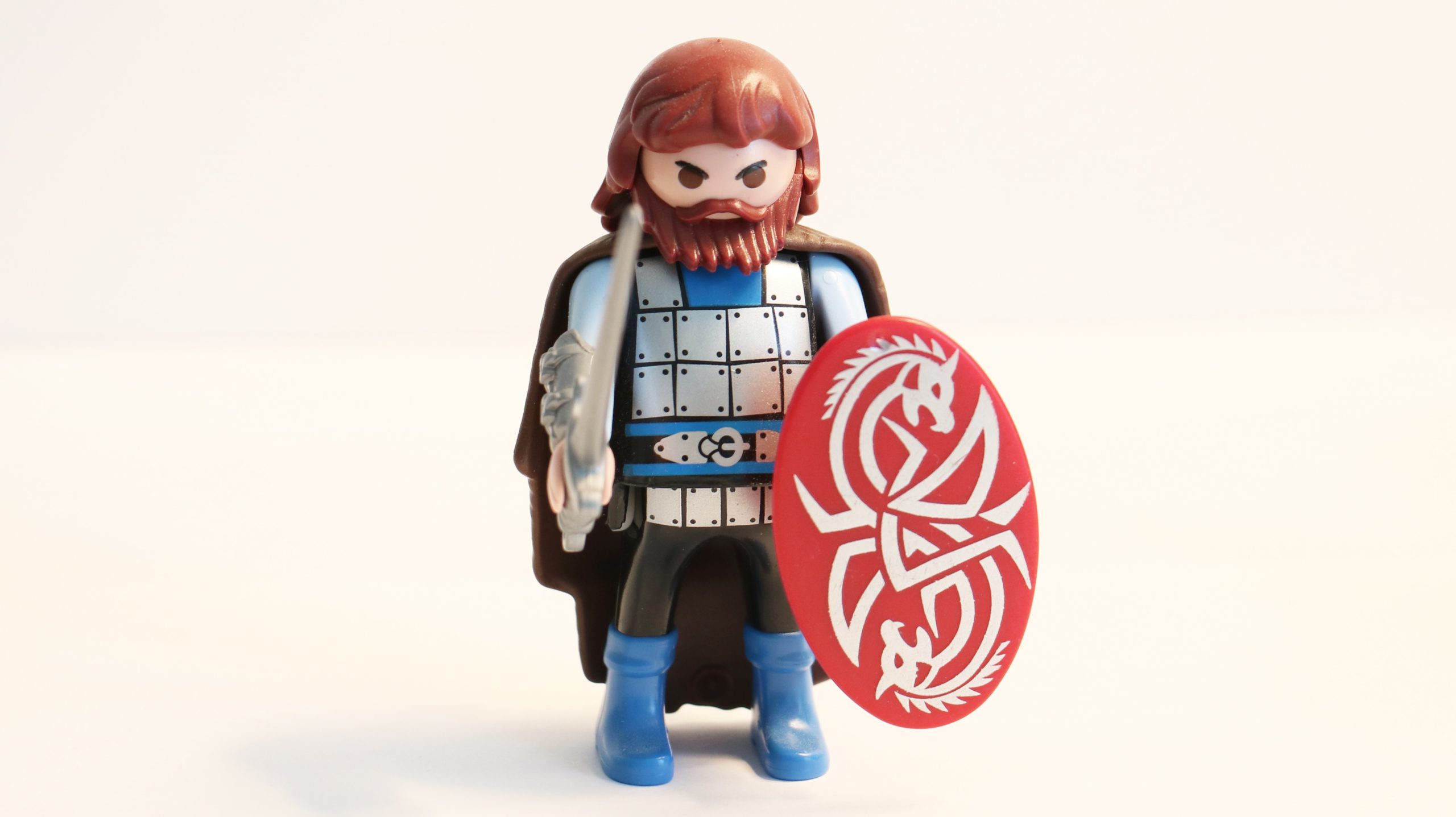Analytical philosophy is great. I am an analytic philosopher myself.
But it also tends to “kill by dissecting”. What has been cut at its joints needs to be reassembled in order to become alive again.
Read MoreThoughts about how things in the broadest possible sense of the term hang together in the broadest possible sense of the term

Analytical philosophy is great. I am an analytic philosopher myself.
But it also tends to “kill by dissecting”. What has been cut at its joints needs to be reassembled in order to become alive again.
Read More
“If you know that he is righteous, you may be sure that everyone who practices righteousness has been born of him.” (1 John 2:28)
The righteousness that someone who is born of God practices resembles God’s righteousness in such a way that knowing God’s righteousness gives one assurance that whenever one sees it practiced (by a human being), that human being resembles God in this crucial respect.
Read More
The apostle Peter encourages the addressees of his First Letter that “if anyone suffers as a Christian, let him not be ashamed, but let him glorify God in that name.” (1 Peter 4:16). He contrasts it with the exhortation that no one should suffer as an evildoer (v. 15).
Now suffering innocently is by no means a thing easy to endure, but this is not what I wish to focus on here. Rather, I’ll center on the question “When do I know that I’m suffering as a Christian rather than as an evildoer?”. Silly question?
Read More
What do you do when you would like to learn or understand something, but ‘looking at’ is inadequate for that endeavor, and ‘looking along’ is not (yet) possible?
Read More
In the dialogue Charmides, Socrates and Critias have an interesting conversation about the interplay between know-how and moral knowledge.
I daresay we can learn something from it.
Read More
The Star Wars galaxy cries out for redemption.
By redemption I mean a state in which everything is as it should be, and stably so: evil and darkness should not have the possibility to creep back in.
Read MoreRead MoreA sick society must think much about politics as a sick man must think much about his digestion. (…) if either comes to regard it as the natural food of the mind; if either forgets that we think of such things only in order to be able to think of something else; then what was undertaken for the sake of health has become itself a new and deadly disease.

“I’ve learned from my Master that sometimes doing the right thing means bending the rules” explains Ahsoka Tano to the Jedi younglings who had come to rescue her from pirate captivity although they had been explicitly commanded not to[1].
Ahsoka thus appreciates their ‘act of disobedience’ because in “bending the rules” they had done “the right thing”.
Read More“The secular community (…) has no higher end than to facilitate and safeguard the family and friendship and solitude. (…) a household laughing together over a meal, or two friends talking over a pint of beer, or a man alone reading a book that interests him (…) all economics, politics, laws, armies and institutions save insofar as they prolong and multiply such scenes are a mere ploughing the sand and sowing the ocean, a meaningless vanity and vexation of spirit.”
C.S. Lewis in his essay Membership

“Do not scold, like a kitchen-girl. No warrior scolds. Courteous words or else hard knocks are his only language.” (Tirian to Eustace in The Chronicles of Narnia: The Last Battle)
Eustace is told to behave like a warrior. But is he a warrior? Or about to become one? And, is it his purpose anyway to become a warrior, or rather something even greater which shares only some features with a warrior?
Read More